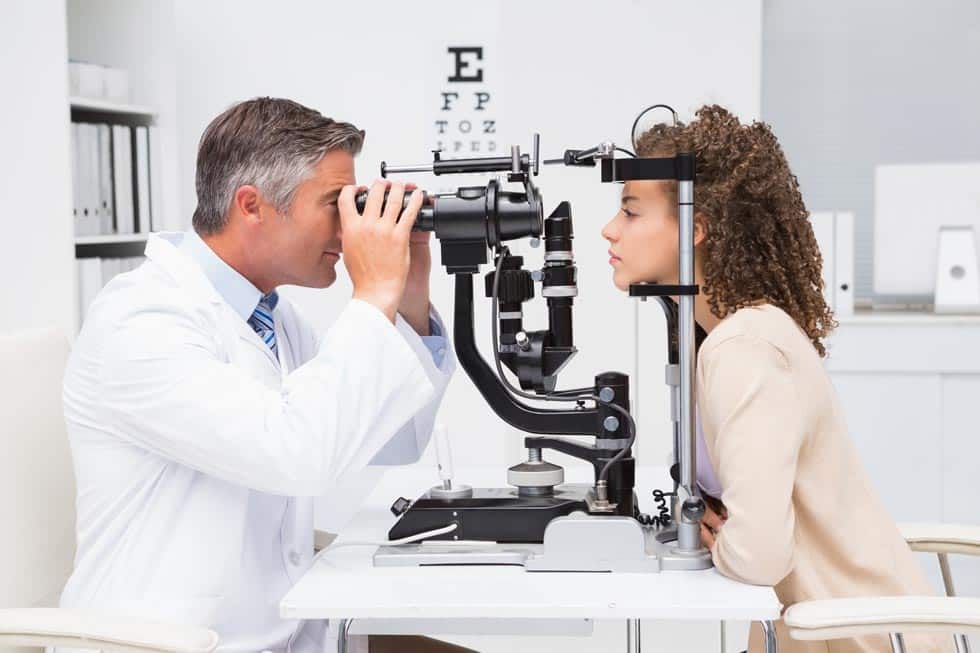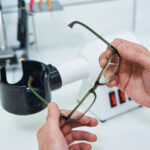
Eye tests are often not at the top of peoples priority lists, with reminder letters put to one side until the next one comes. But the reality is that eye tests are imperative to your eye health. So how often should you get your eyes tested?
The RNIB reports that as we get older and live in an ageing population in the UK, the number of people living here with sight loss will increase dramatically. With sight loss closely linked to medical conditions such as diabetes and other lifestyle factors such as obesity also going up, sight tests are more important than ever.
Research also shows that nearly half of sight loss in the UK is preventable. When estimates show figures in sight loss will increase to 2.7 million by 2030, and the current number to double to 4 million by 2050 – half is an exceptional amount of unnecessary poor eye health that has a permanent impact on the people suffering from it.
Why have your eyes regularly tested?
At a minimum, have your eyes tested every two years. If you are an adult over 70 or a child under 16, you should have a yearly test.
The test will take you through a series of assessments, verbal and visual with symbols, depth and distance, to measure your sight accuracy. Your optician will check your eyes’ inner and outer health, muscle movement and sensitivity to light too, and depending on your age, medical health and other factors will carry out additional checks accordingly.
The test will determine if you need to wear glasses and what prescription these glasses need and keep a continuous record of your overall eye health. Recording this is very important as eye health is directly related to other conditions in the body, so don’t ignore those reminder letters!
Your opticians will keep a record of your eye health and write down your prescription for you to take away on request.
How your lens prescription can change over time
Eye health doesn’t deteriorate rapidly unless other factors are at play, and emergency assistance is required should this happen.
You may have a couple of tests where your prescription doesn’t change, and that’s fine as you have had your eye health checked. However, your prescription may find that you need to move from a single lens to a bifocal or varifocal or that you require a higher or lower number indication for near and farsightedness.
Generally, you’ll find that as you get older, your sight will deteriorate, and your optician will advise you as to whether your current lenses are still sufficient to support the change or if you need new lenses.
What to do when your prescription changes
When your prescription does require a lens change, you can still keep your favourite frames. Lensology supplies market-leading lenses for just this type of scenario, allowing customers to keep their carefully chosen, trusty, comfortable frames and replace the lenses at a fraction of the price of new frames and lenses from the opticians. Whether single, bi or varifocal, you can choose from a vast range of coatings and treatments. You can order your free post box here and have your new lenses in your favourite frames back to you in days.
Don’t leave your eye health to chance. You must keep on top of your overall health, and eye care must be near the top of your priority list. So many shy away due to the costs of lenses and frames from high street opticians, but it doesn’t need to be as expensive as you think with Lensology. Our services are highly cost-effective without failing on quality at any part of the process.






